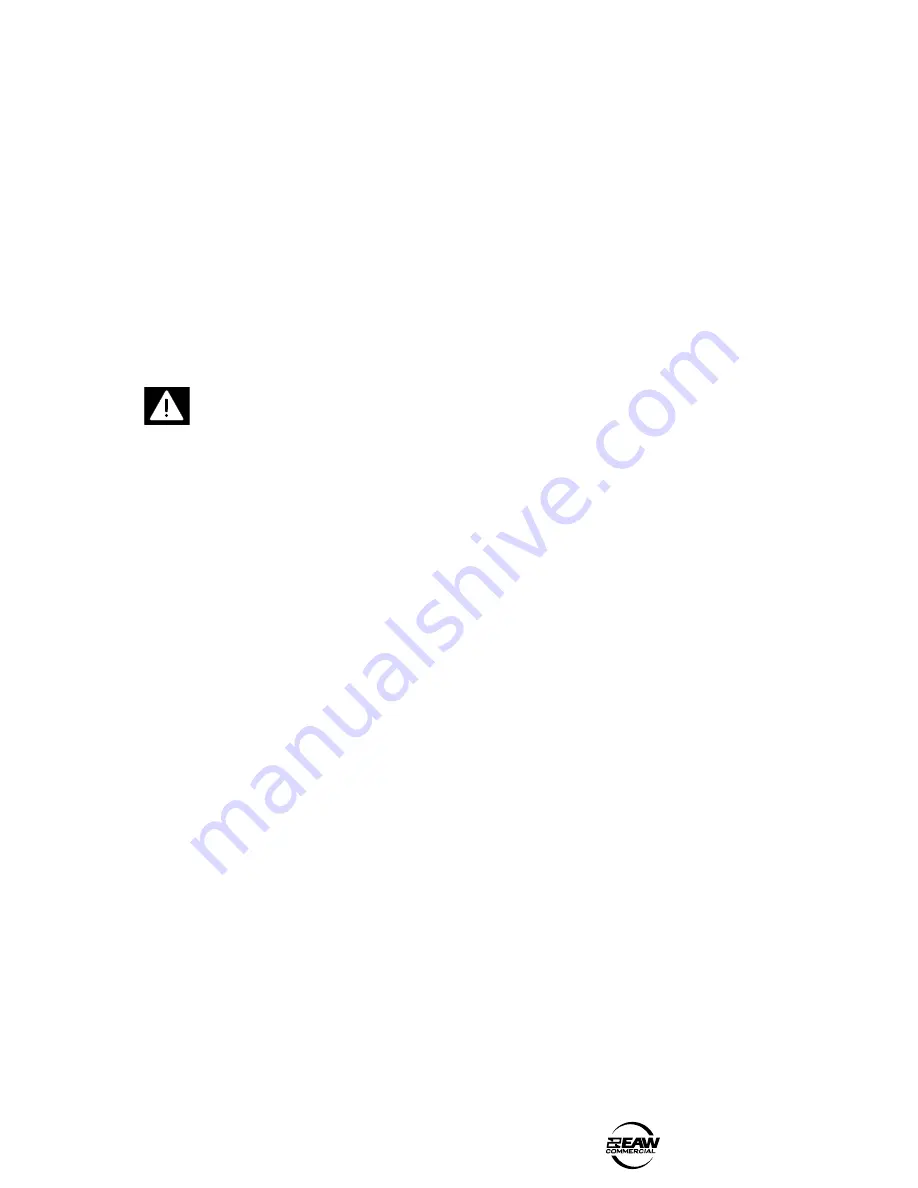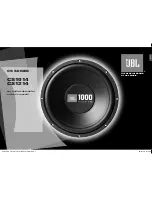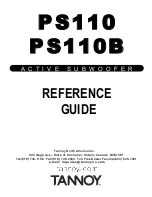
2
– VRS12 and VRS18
VRS12 and VRS18 –
3
14. Rigging Precautions: When mounting or suspending EAW Commercial loudspeaker
enclosures, it is essential that load ratings, rigging techniques, and special safety
considerations be appropriate for the installation. Use only the mounting/rigging points
on the loudspeaker enclosure intended for this purpose. The user must determine the load
requirements, dynamic loading, and any other contributing factors affecting the loudspeaker
installation. The user must determine the proper design factor for specific applications and
the required load rating of the connection to structure. Comply with all applicable federal,
state, and local regulations.
EAW Commercial strongly recommends the following rigging system practices:
• Documentation: Thoroughly document the mounting/rigging design with detailed
drawings and parts lists.
• Analysis: Have a licensed structural engineer or other qualified professional review and
approve the mounting/rigging design before its implementation.
• Installation: Use personnel experienced and qualified for mounting/rigging loudspeakers
in accordance with and in compliance with all federal, state and local regulations.
DANGER: Loudspeakers should be mounted or suspended only by persons with knowledge
of the proper hardware and rigging techniques. When stacking or pole-mounting
loudspeakers, be sure that they are stabilized and secured from falling over or being
accidentally pushed over. Failure to follow these precautions may result in damage to the
equipment, personal injury, or death.
TABLE OF CONTENTS
1. SAFETY INSTRUCTIONS........................................................ 2
2. INTRODUCTION....................................................................... 4
3. INSTALLATION ........................................................................ 5
4. CONNECTIONS........................................................................ 6
5. OPERATION.............................................................................. 8
6. SPECIFICATIONS..................................................................... 9
Dimensions.............................................................................. 10
Performance Graphs .............................................................. 11
7. TROUBLESHOOTING .............................................................. 12
8. SERVICE and MAINTENANCE............................................... 13
9. WARRANTY ............................................................................. 15


































